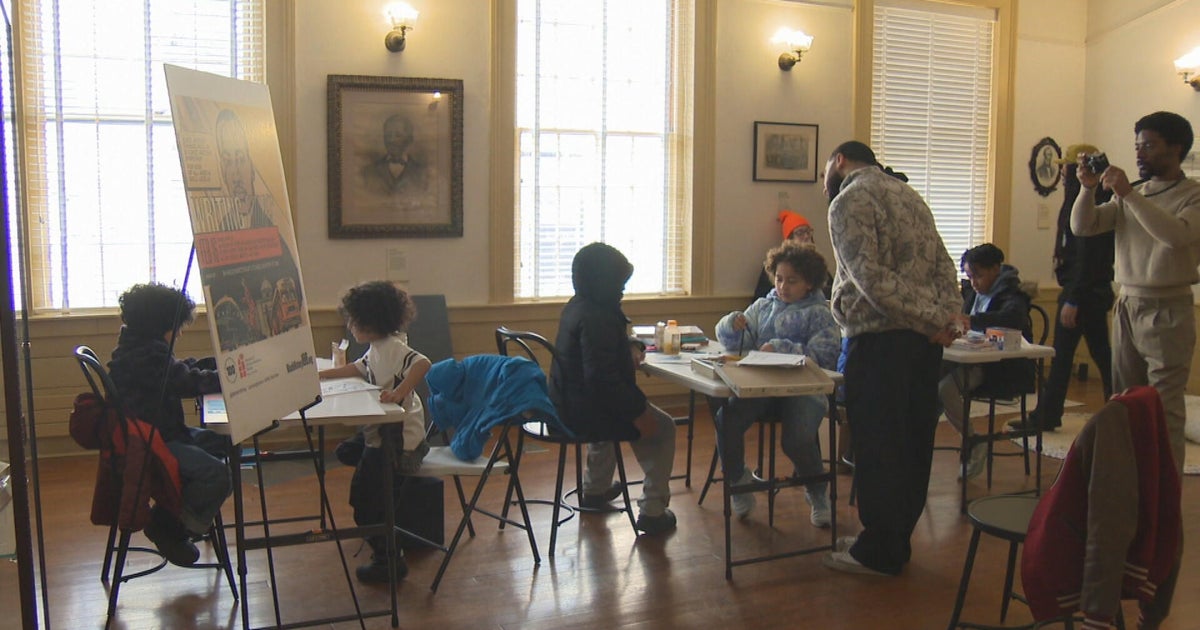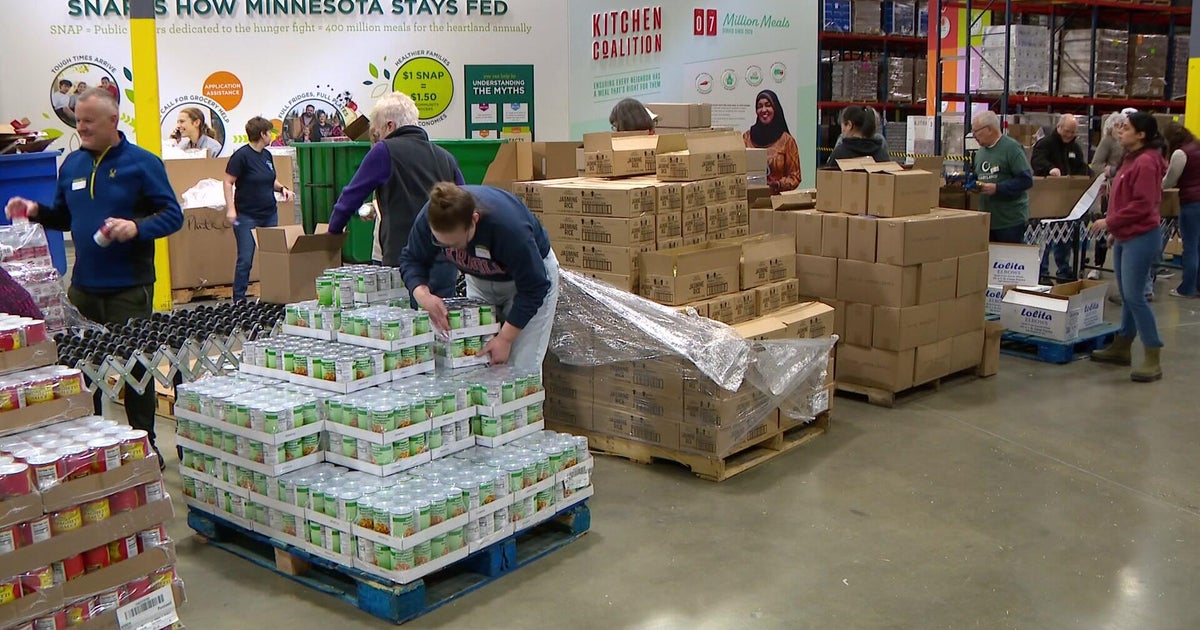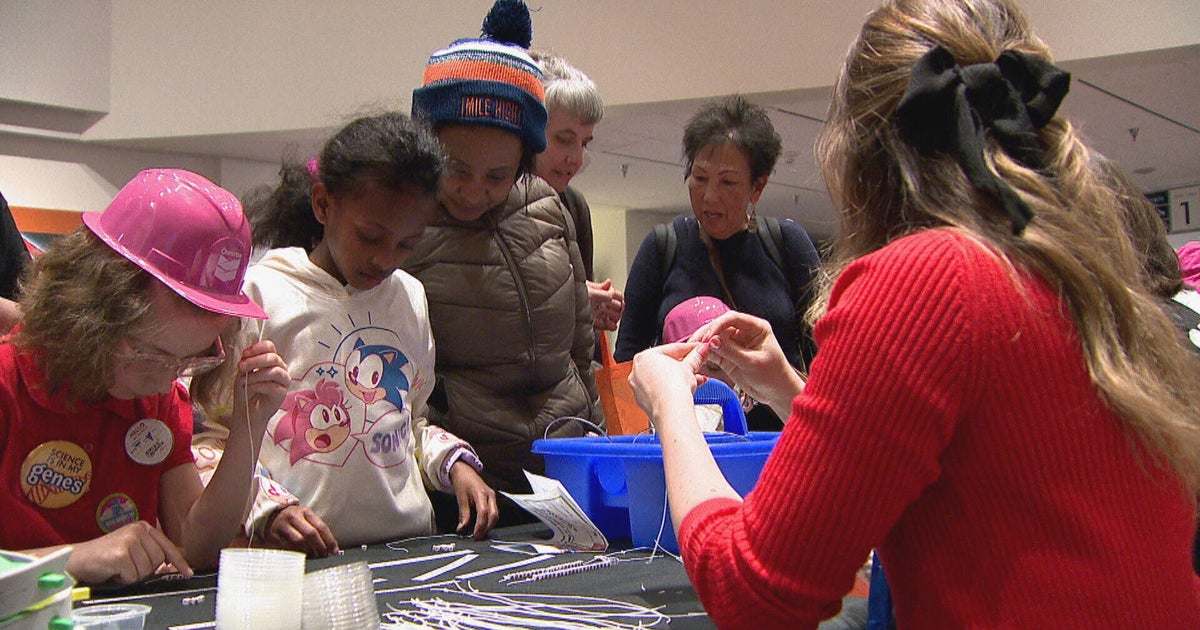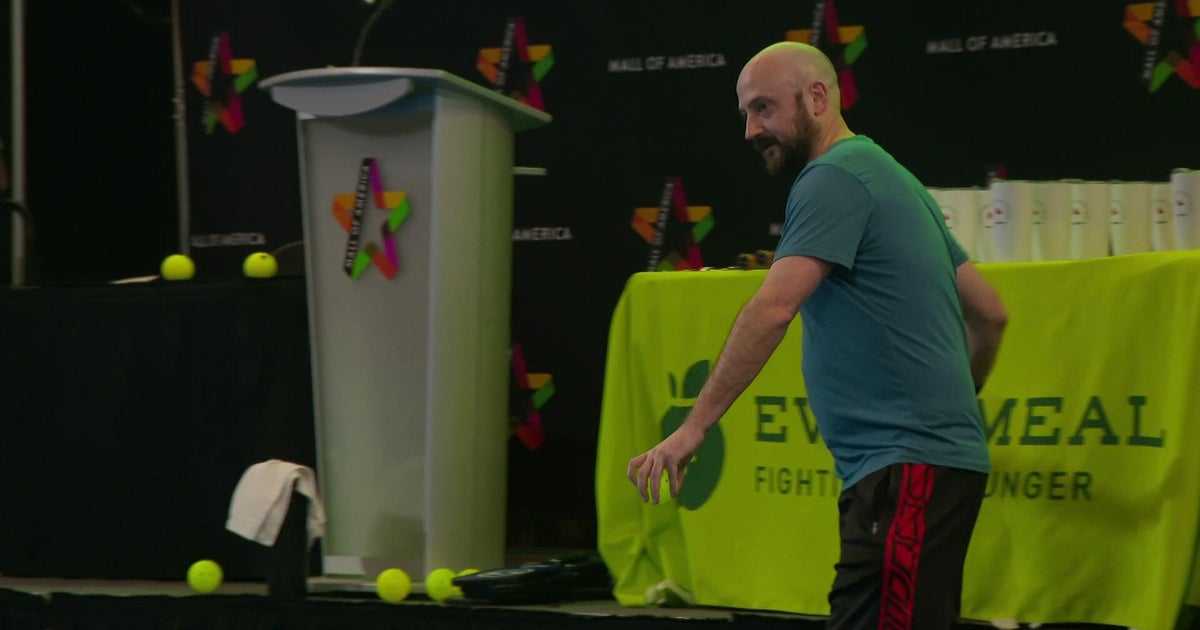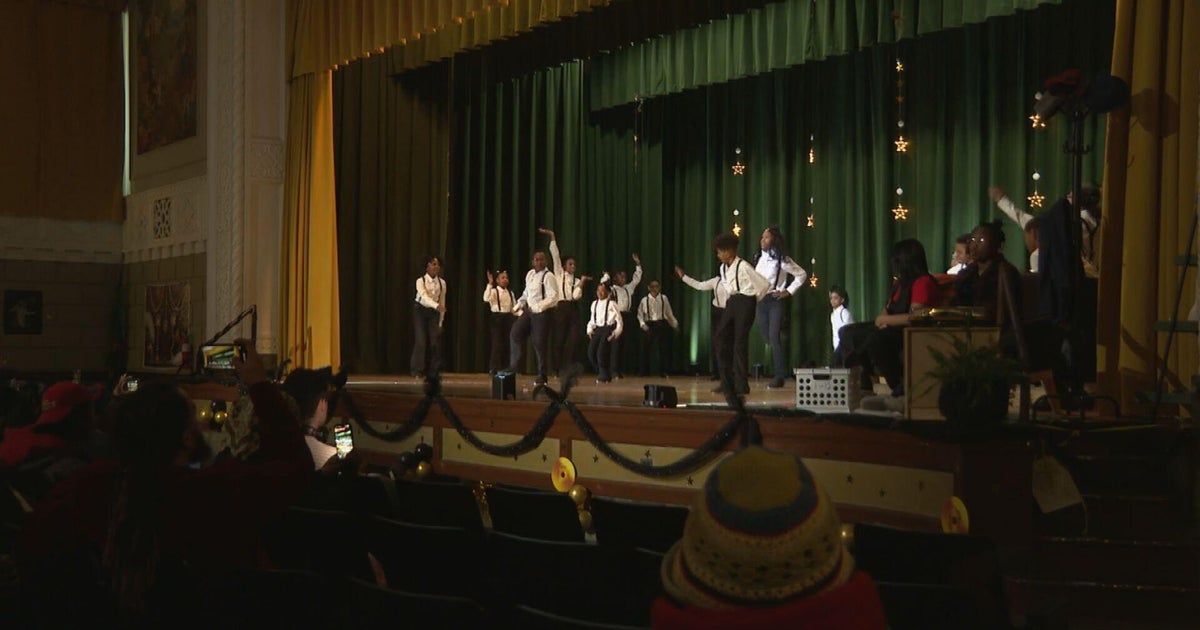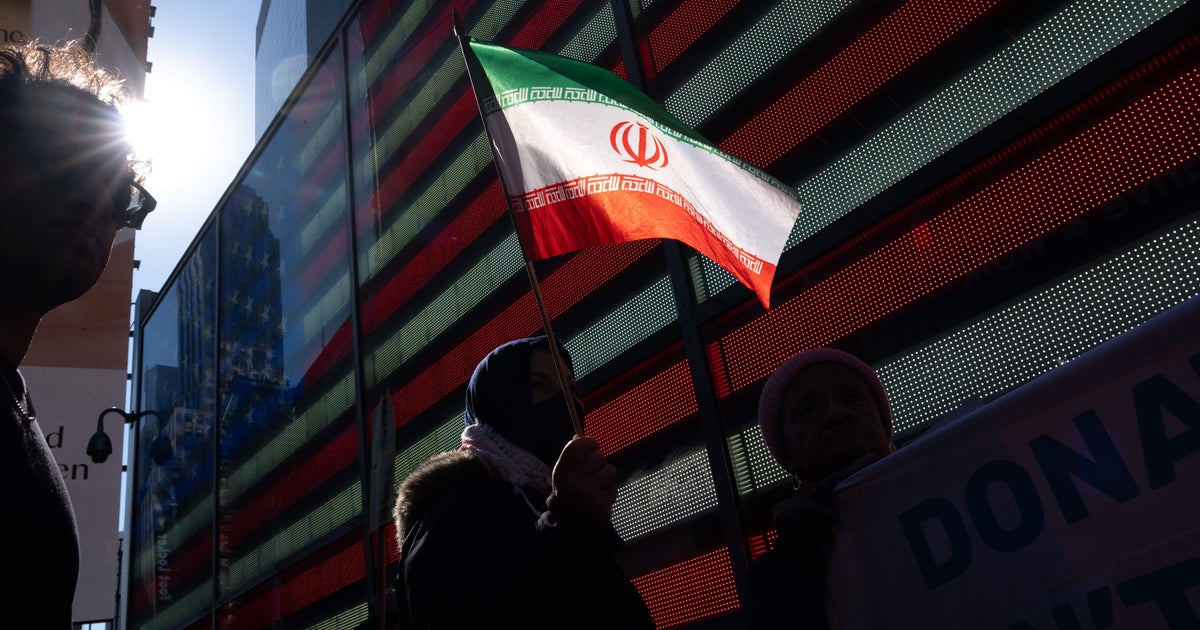'It's Exciting!': Brooklyn Children's Museum Celebrates African Traditions of Kwanzaa
NEW YORK (CBSNewYork) -- Everyone at Brooklyn Children's Museum in Crown Heights is encouraged to celebrate the African traditions of Kwanzaa, which in Swahili, is derived from a phrase meaning first fruits, or harvest.
The museum has been dedicated to providing Kwanzaa events for the past 11 years. People of all ages and races come together to dance, sing and learn.
"It is real exciting!" said DeeArah Wright, the museum's education director. "It is our biggest cultural festival of the year, every year, so it's a way for us to feel really connected to our community."
From storytelling to making gifts, the museum's activities are based on Kwanzaa's Nguzo Saba or seven principles. Starting on December 26, each is principle is honored using the ceremonial Kinara.
"On the first day, and the first candle lit, is the middle candle, which is umoja, which is for unity," Wright said. "The second day and the second candle lit, is for kujichagulia, which is for self-determination. Ujima, which is representing collective work and responsibility. Ujamaa, which is for cooperative economics. Nia, which means purpose. Kuumba, which is creativity. And the final and seventh principle is imani, which means faith."
There are seven core symbols.
"This is the Kikombe cha Umoja, which is the unity cup. So each evening when the ceremony is taking place, there's a moment when there is a libation," Wright said. "In African tradition, libation is about honoring those who have passed on and, therefore, calling in that ancestral presence."
For this year's Kwanzaa program, the museum collaborated with the Asase Yaa Cultural Arts Foundation, a 17-year non-profit in Bedford–Stuyvesant.
"Our mission is to bring African culture to all kinds of places, so we have a school, we have dance company and we have an outreach program," said Kofi Osei William, executive director of the Asase Yaa Cultural Arts Foundation.
"So the djembe is the most popular drum, African drum, in the world," he said. "When you come to the performance, you have to dance, you have to sing, you're going to drum a little bit."
Museum visitors will also learn the African ritual of handmade gifts.
"The zawadi gifts, making gifts from your heart, where you're not going to the store and buying electronics or buying toys or things on your phone where you actually make a gift," Williams said.
The celebration honoring African heritage, doesn't forget centuries of struggle in a coming together filled with hope.
"It just raises the vibration of humanity to think about what's possible personally and collectively about what it means to connect as a community to push for growth and movement is something that makes Kwanzaa a really special holiday," Wright said.
